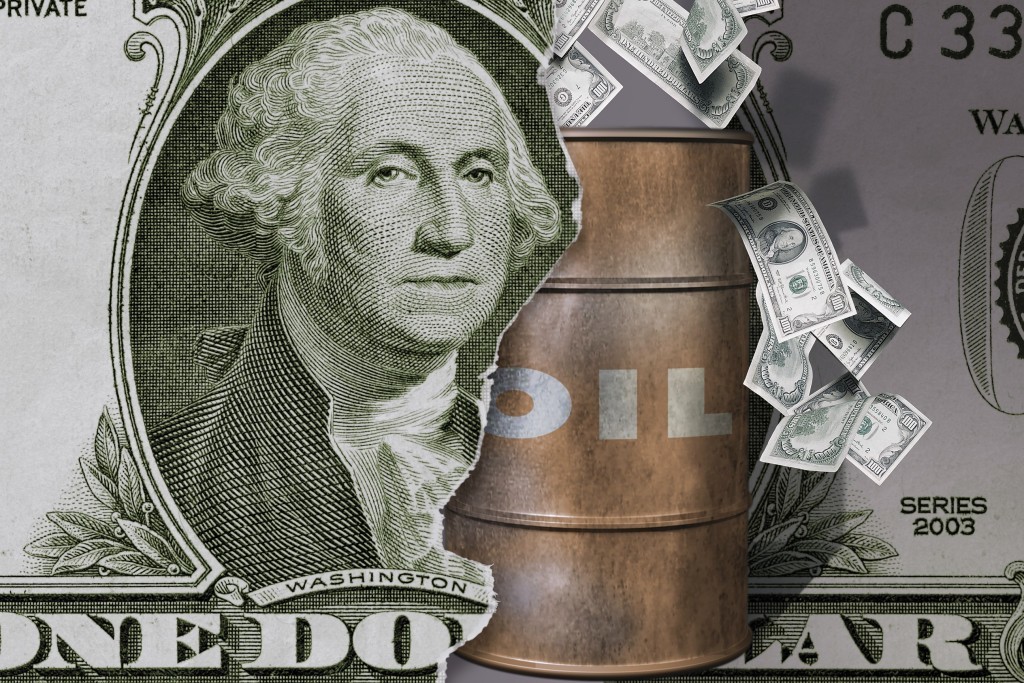
As Britons head to the voting booths to determine whether or not to continue their existing relationship with the European Union, the impact of the outcome on the price of oil is still far from certain.
First off, the outcome of the referendum is still not certain despite the price action we’re seeing in the most Brexit-sensitive markets such as pound crosses and UK equities, which are showing little by way of caution heading into the vote.
To be clear here, this viewpoint comes from the seemingly conventional wisdom that a victory for remain would boost both sterling and UK equities and therefore, the recent strength in these markets suggests that traders believe the outcome is likely to come down in favour of this camp.
With this in mind, I will examine the effects on oil based on the assumption that remain will come out on top – however, it should be noted that the suggested possible impacts would just be the inverse if the leave campaign manage to secure a victory.
There are two factors that may impart opposing forces on the price of crude following the result of today’s vote.
The first and most straightforward force will come from the alleviation of any uncertainty that has weighed on risk assets in the months running up to the vote. Despite the recent move higher in global stock markets, they have clearly been impacted by the threat of a Brexit and given the fairly strong correlation between equities and oil this year this has, in all likelihood, contributed to the recent stalling of the oil rally.
Therefore, if Britons vote to remain in the EU you could expect at the very least an initial continuation of the recent risk-on flows seen this week, and that should prove supportive of the oil price.
However, the other factor to consider in attempting to determine the impact of this Brexit vote on the price of oil is the strength in the US dollar.
Since the Federal Reserve took the step to raise rates last December for the first time in almost a decade, the greenback has depreciated – firstly due to the re-emergence of fears surrounding the health of the Chinese economy, and more recently worries around a Brexit that have contributed to the Federal Reserve’s decision not to increase rates further.
Chair Yellen recently stated that the possibility of a Brexit had played a significant factor in their decision to hike this month and if remain prevails and we see a continuation of this relief rally, that may give the green light for the Fed to move their funds rate range higher by 25 basis points without fear of political repercussions that would no doubt arise from acting in such close proximity to the Presidential elections this November.
The strengthening of the US dollar would weigh on oil prices as it becomes relatively more expensive for non-US consumers.
David Cheetham is a market analyst with XTB.com
Recommended for you
